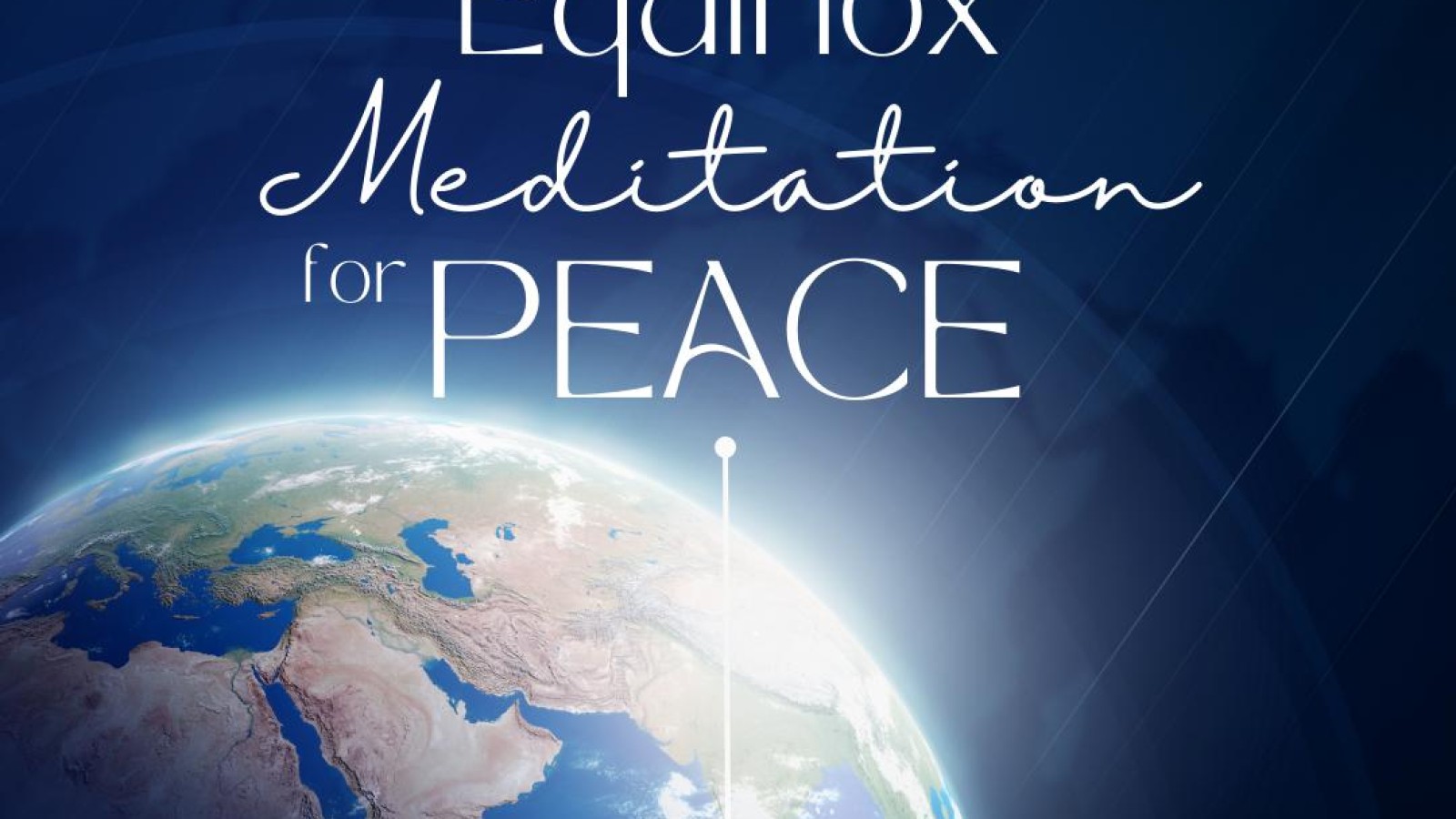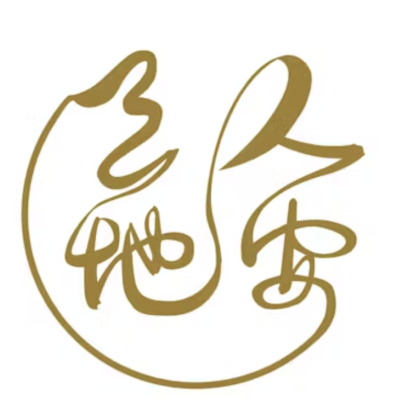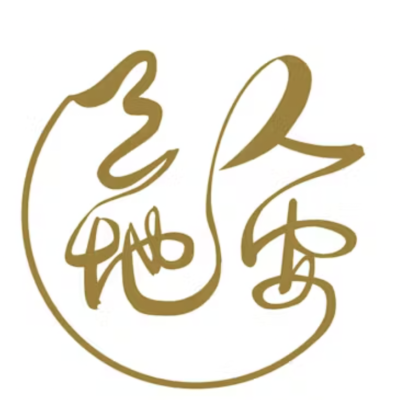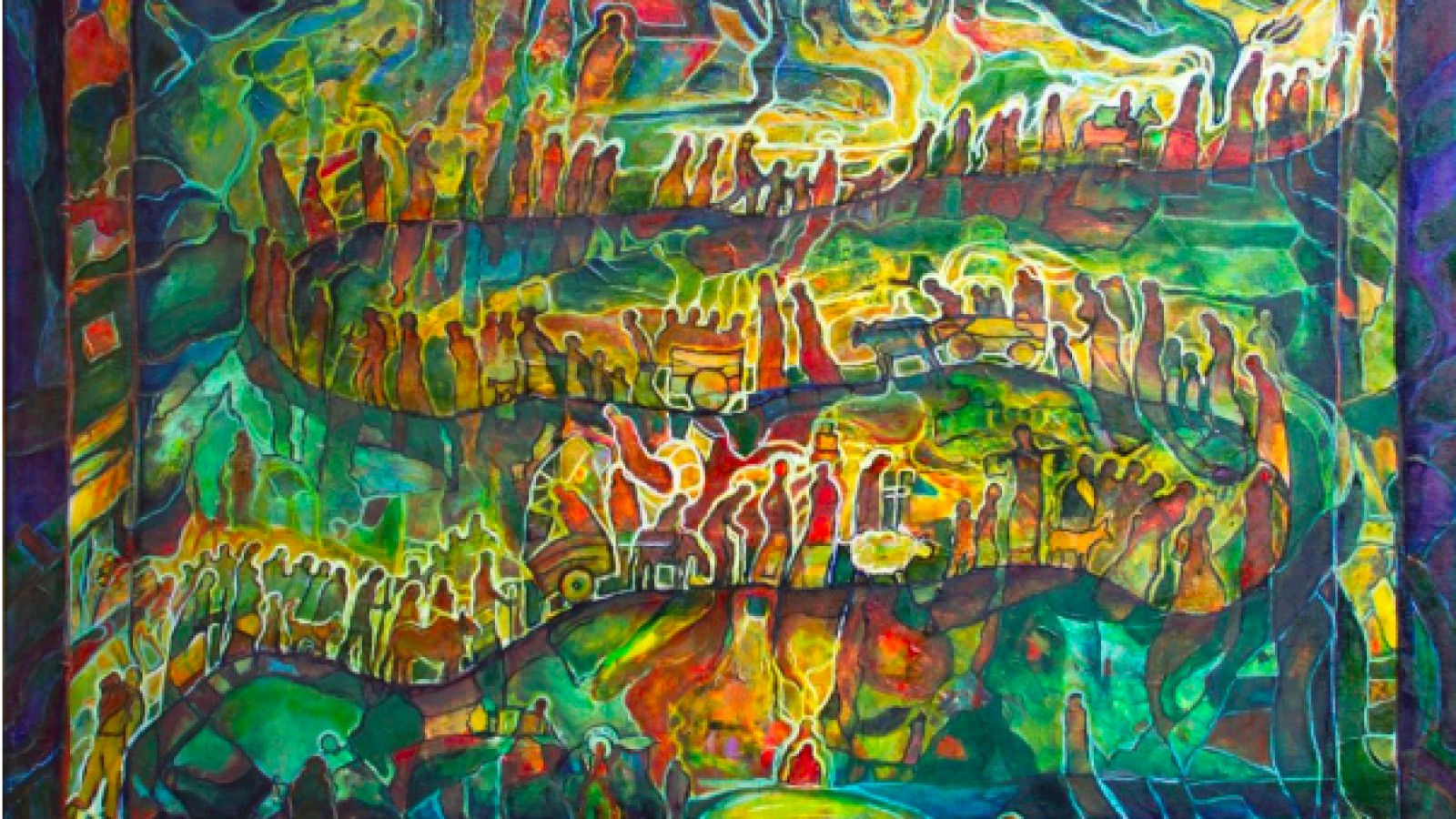In February 2024, Unity Earth convened a stunning symposium - 'Awakening to Humanity’s Sacred Mission'. Amazing visionary speakers set the scene – the meta-crisis we face, the nature and scale of the problem, and what we need to do.
Ervin Laszlo gave us our call to action. One core message was that how we perceive and understand things, influences what we do, and so what happens! And that we tend to mis-perceive things, because of our life experiences and our socio-cultural context. A qualitative leap in perception and action is needed on a global level, Laszlo tells us.
We need to align with the natural flow of evolution towards increasing coherence and complexity – allow ourselves to be informed by a unified underlying field of infinite potential, consciousness and love, out of which everything emerges. We need to dance with the universe.
Yuka Saionji of the Evolutionary Leaders Forum agrees – we need to know who we truly are –reflections of that field. We co-create our world!
What is needed?
If we knew why we perceive the way we do, could we change our perceptions and the actions that flow from them?
Anoop Kumar speaks of three levels of mind. 1st mind = Practical project level – conceptual and functional knowing, verbal language – related to David Bohm’s explicate order. 2nd mind = Visionary level – intuitive, holistic, relational knowing – resonant with Bohm’s implicate order. 3rd Mind = universal consciousness, the implicate order, beyond our direct awareness.
We are strong on the level of the 1st mind. We are also strong on the level of the 2nd mind. We intuit the kind of consciousness we need to upshift and live more wisely on the planet. But are we clear enough on how to ensure our 1st mind level activity is informed by 2nd mind level awareness?
Do we really know how, together, we can sense into the underlying field of unified awareness, so that our actions flow from it?
How can we make sure we align ourselves with what wants to happen, rather than trying to work out what to do on a head-level, using the old, ego-driven, ‘fix-it’, problem-solving approaches which have not always served us well?
First - What gets in the way? At our symposium, Chief Dwaine Perry told us we have become alienated from our deepest needs for love, security and belonging. We try to find our home in more superficial desires, which will never satisfy.
Steve Farrell agrees – we are living under the false belief that we are a separate self, and the centre of our universe.
We have lost the awareness of ourselves as part of a universal consciousness that animates all life.
Audrey Kitegawa adds that the conflicts in the world are projections of collective consciousness.
We need to work on ourselves first, she says, to grow in heart, compassion, and kindness.
We need to work with the underlying reasons for conflict through discussions, repentance, restitution, and forgiveness.
This is where Otto Scharmer offers something useful.
Any organisation, nation, or the whole of humanity, he says, is a social system or ‘social field’.
It is “the quality of relationships among individuals, groups, and systems that gives rise to patterns of thinking, conversing, and organising, which in turn produce behaviours and practical results.”
Most social systems, says Scharmer, routinely create outcomes the people in them don’t want.
They don’t work for the wellbeing of all because we have a ‘blind spot’.
We may know what someone does and how they do it, but we don’t think enough about where that person is coming from - the inner state or awareness that gives rise to their (and our) thoughts and actions.
We need to consider social fields from the inside.
At the symposium, Chief Dwain Perry, Steve Farrell, Audrey Kitegawa and others were clear why so often we don’t.
We are in pain. Individually and collectively, we hurt from wounds of separation and lack of intimacy.
We have become alienated from ourselves, from one another and from nature.
We are scared, overloaded, living too fast, constantly reaching for what we are told will make us happy, but which doesn’t touch our deepest longing.
The world reflects back to us what we can’t bear to see in ourselves.
The ways we fail to love ourselves, the conflicts that rage outside us, the desperate realities we face - these all show how our wounding colours our perceptions and our actions.
To stop passing on the hurt, Linda Bjork tell us, we need to heal ourselves.
Jude Currivan agrees.
To bring about a world in which we care for one another and our planet as one, interdependent system, we need to more than understand we are one - we need to experience and embody that knowing.
Joe Martino and Jarvis Smith suggest we need to create the conditions to allow emergence of that deep, intuitive knowing by slowing down, and listening to what our feelings and our bodies tell us.
So what would help?
For as far back as humanity can remember, we have used different techniques and substances to enter what Stan Grof calls ‘non-ordinary states of consciousness’ – altered or expanded states in which we are aware, but not in our usual wakeful way.
These states can occur naturally, as in when we are dreaming, fall into a trance, or even while giving birth, or they can be deliberately induced by hypnosis, meditation, breathwork or use of psychedelics.
Neuroscience suggests these states temporarily suspend our habitual, filtered way of seeing, and so allow us to take in more of the inner and outer information available to us, which can result in new and surprising insights and connections.
As our awareness opens out, we are more in touch with deep psyche – the field of personal and collective information and experience we are not normally conscious of, and which flows across continents and through history.
It allows us to reconnect with everything we have had to suppress - our deepest fears, pain, rage and despair, but also sources of beauty and inspiration.
Our Western, ego-based culture has for instance devalued and marginalised the dimension of feminine wisdom – intuition, embodied knowing, relational understanding, fluid communication through dreams, signs and symbols, and a trust in the synergic creativity of chaos.
To come to know ourselves as held in a field of loving relatedness in which we are all ultimately part of one consciousness, we need to bring feminine consciousness out of the Shadow of the unconscious.
We need to restore the balance of masculine and feminine ways of knowing in ourselves and in humanity as a whole.
How can we do that?
This, I believe, is our greatest challenge – how to bridge the gap between our 1st and 2nd level mind - our everyday, practical, ego-based understanding and the intuitive, visionary awareness of how we are all intrinsically connected as part of the web of life on earth.
We need them both, but the former needs to be informed by the latter. We cannot be driven by self-interest if we are to succeed in healing our world.
Otto Scharmer offers this: To get better at creating the world we want, we need to ‘cultivate the living quality of the social field’ - the web of relationships between us.
We must listen to each other and to ourselves.
Really, deeply listen.
We can’t shy away from looking at our motives, our differences, and our problematic past.
We learn by listening to those who disagree with us and by understanding the views of silenced voices - marginalised people and cultures, as well as the inner parts of ourselves from which we hide.
Scharmer suggests we usually make sense of what we see and hear in the light of past experience.
That influences how we understand who we are, who the other person is, and what is going on between us.
We have three familiar ways of listening - From our habitual awareness, based on experiences and habits from the past. From a position of genuine curiosity about reality and the other person, so we suspend our judgments, enquire further and notice what surprises us.
From a level of empathy, where we see things from the other person’s point of view.
But then he adds a fourth, which goes beyond this. We can listen - From a position in which we no longer see ourselves as central - we feel part of the larger being of the group, the eco-system.
We experience the moment from the perspective of the 'we'. It is at this level that something fresh and genuinely new can emerge out of the field between us.
There are people who have developed structures and techniques to hold us as we listen in this way. Arnold and Amy Mindell, for instance, have developed ‘Processwork’ to help us notice and follow the Tao – the ‘process’ in individual and group experiences.
This allows unexpected resolutions to personal and collective issues to emerge as the process (indicated by deep feelings, dreams, signals, and events) shows the way. It supports us to sit in the fire as we grow and transform through conflict and diversity.
Maria Papaspyrou speaks of femtheogenic consciousness to describe the way non-ordinary states of consciousness can develop feminine ways of knowing which tap into the depth of the psyche to help heal ourselves and society, re-enchant matter, and restore the link between matter and soul.
Michael Kearney is developing the Becoming Forest Project to teach us the deep, inner resilience we need to offer palliative care for the planet - to not deny her pain, but also to not become overwhelmed and turn away in despair.
We need to align ourselves with nature, sense our connectedness and focus on what is breaking through, not on what is breaking down.
This project will be teaching us how to do this.
We are not doing this alone, says Lauren L’Amour.
We are part of a holotropic network which means any of us can be a catalyst for a critical shift in the whole.
These thoughts and approaches, and those of many others, resonate with the wisdom and shamanic traditions of indigenous peoples and the mystery schools of ancient religious.
What does that mean for us, in World Upshift?
Alongside opportunities to be inspired by our visionaries and create new projects and initiatives, we need to embed processes in the movement which develop feminine ways of knowing, intimate connection, and real, deep listening and conflict resolution – both in our inner world and in the field between us.
This is a huge social experiment, in which we will learn by trial and error, evolving new ways of being and relating in the world
This is a true, collective Hero’s Journey – more than an intellectual realisation, says Syed Salman Chishty.
We need to integrate spiritual wisdom into life and surrender into soul.
I hope we will find the courage to trust we can hold and heal our traumas, pain and fragmentation, so we can lean into a coherent future in which our practical, 1st mind solutions flow freely from a deep, intuitive resonance with the collective field.
About the author
Jeannet Weurman
Founder member of the Trauma-Informed Palliative Care Project to improve access and treatment for patients living with trauma and multiple disadvantage.
Image courtesy of Ted Wallace – ‘Seeing us Seeing’ - Ted Wallace
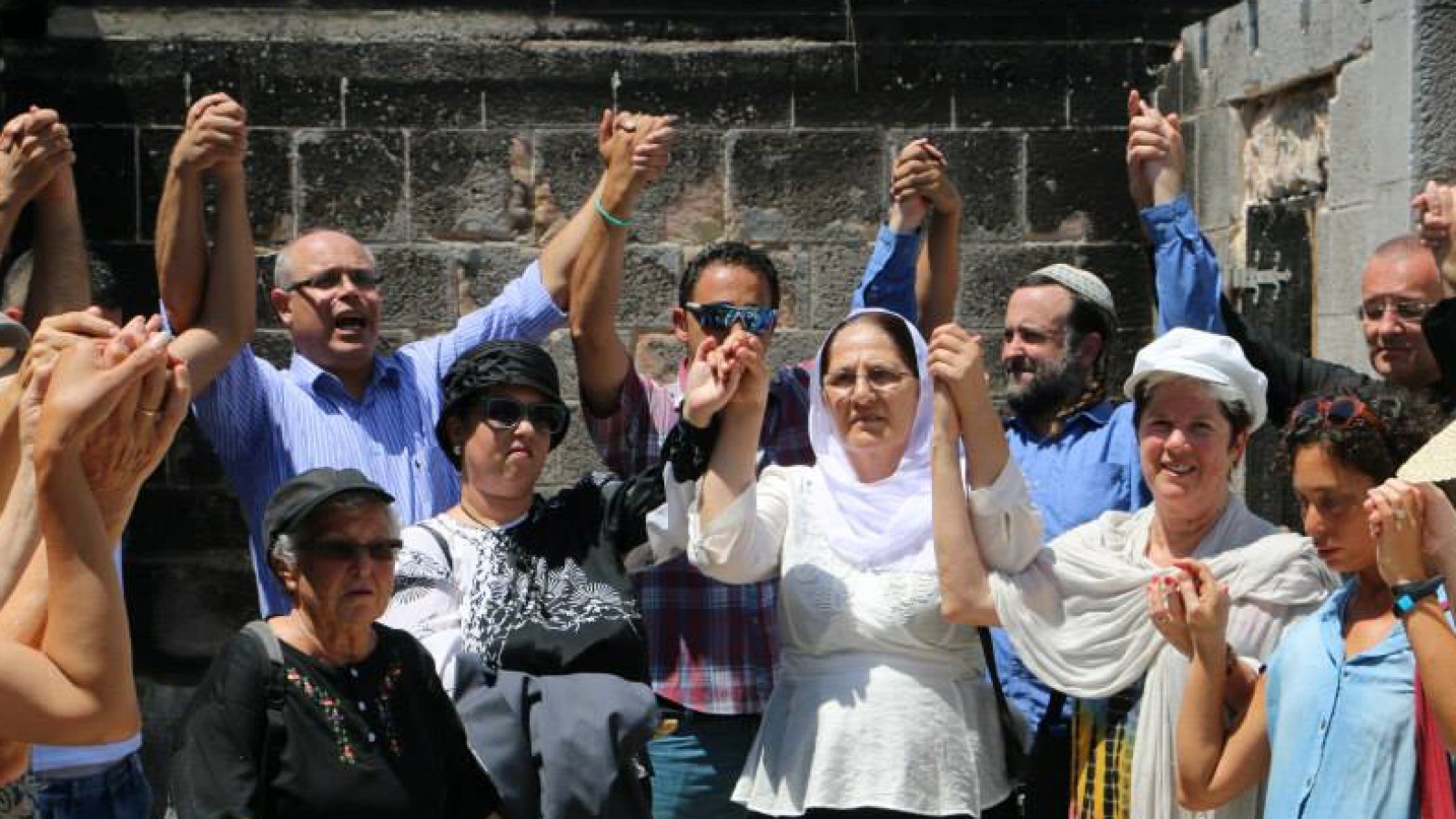
Praying together for peace
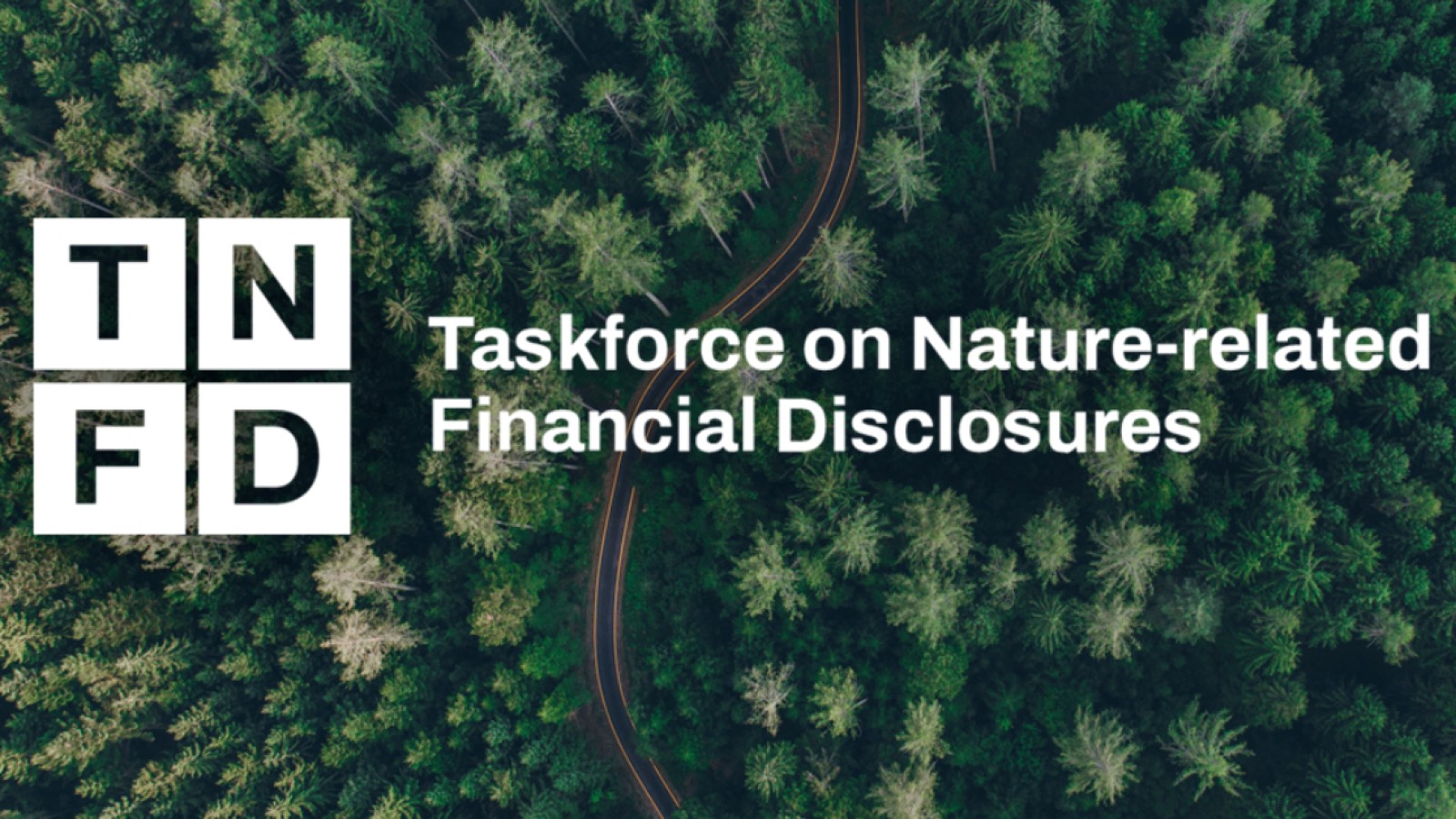
Our economy as part of nature
